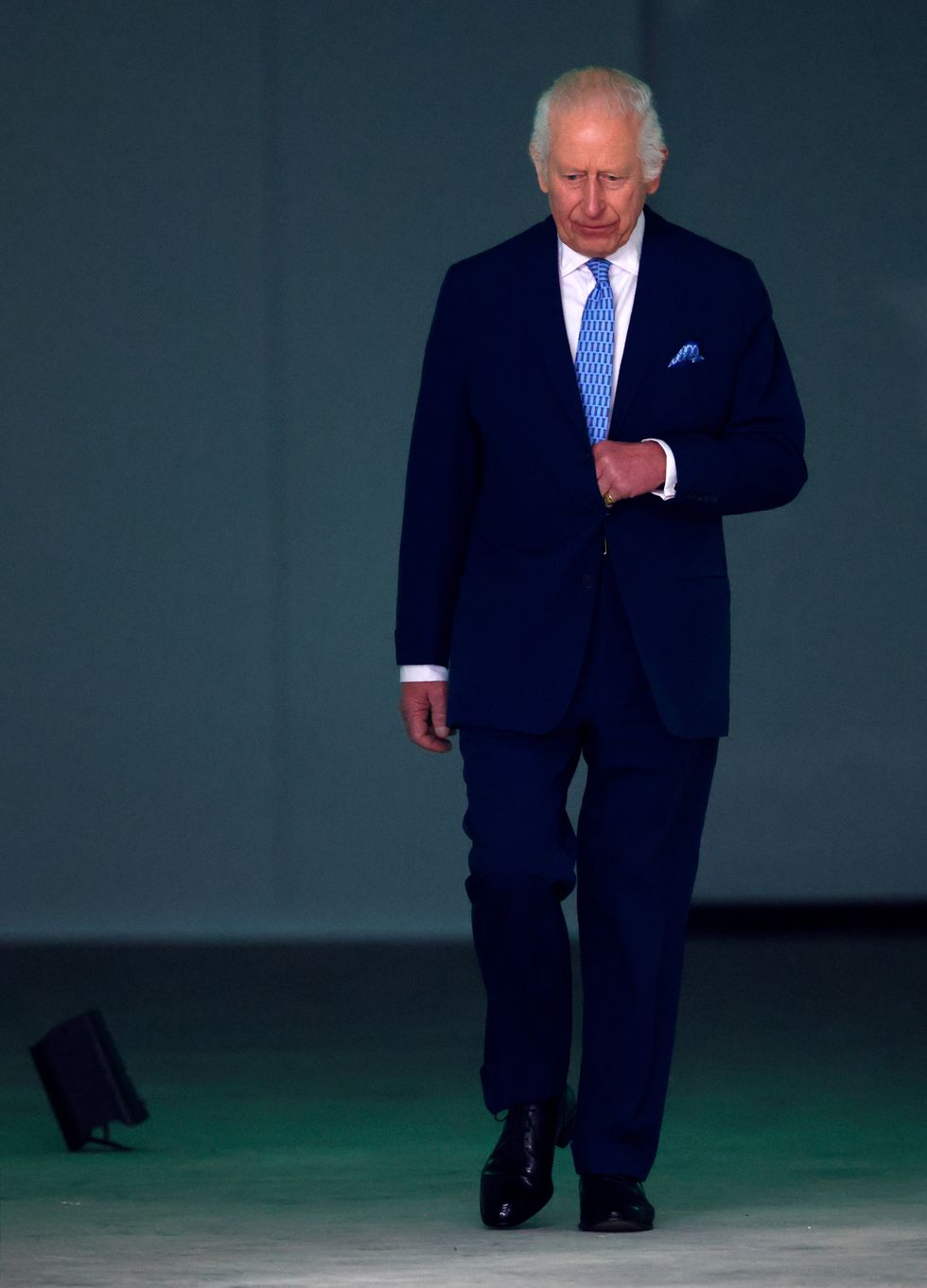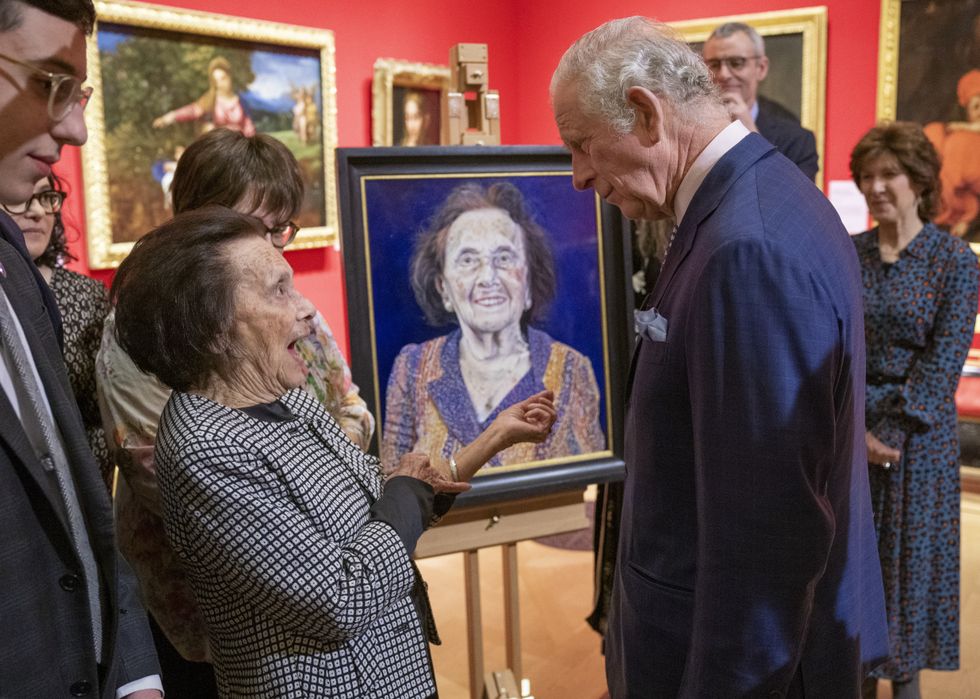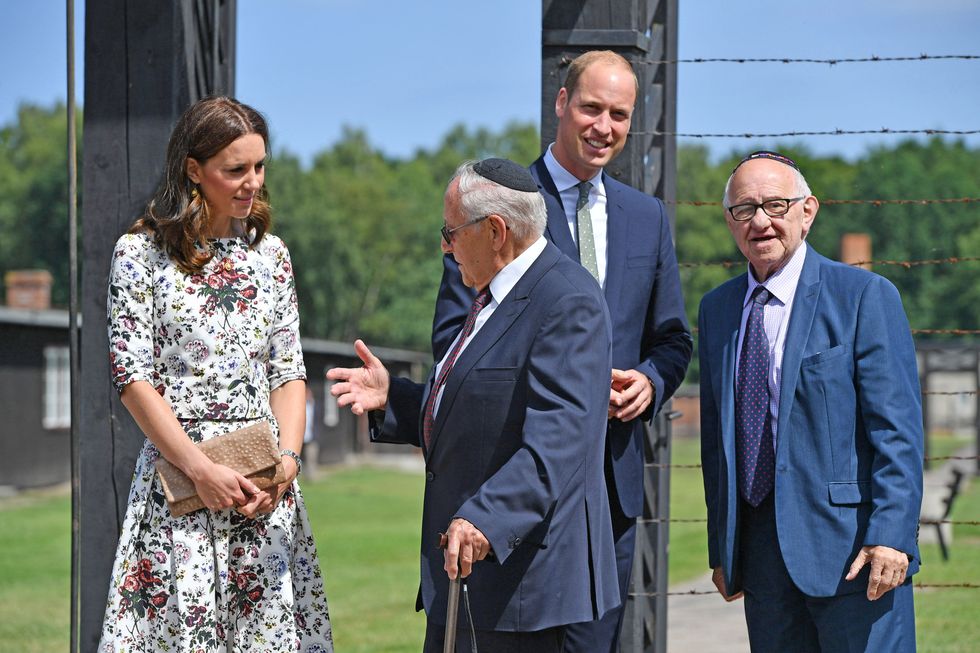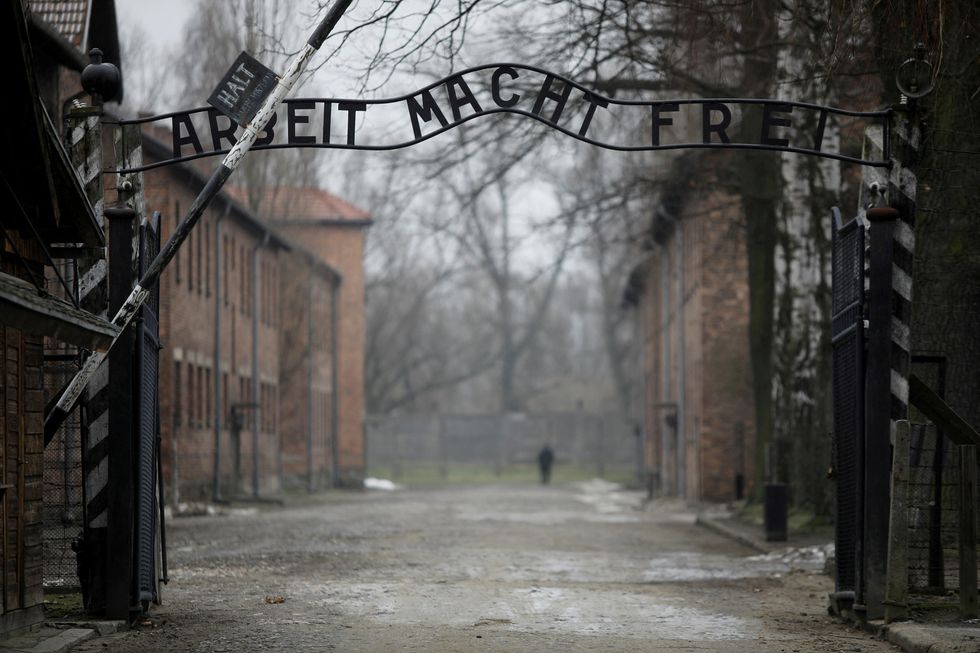King Charles is set to make a historic visit to Poland next month to mark the 80th anniversary of the liberation of Auschwitz, despite continuing his weekly cancer treatment.
The monarch, who was diagnosed with cancer in February, has accepted an invitation to join representatives from more than 20 countries at the poignant commemoration.
The King’s presence will be seen as a significant boost to organisers, as he becomes the first British monarch to visit the former Nazi concentration camp.
The visit underscores Charles’s long-standing commitment to the Jewish community and his work fostering interfaith understanding.

King Charles set for emotional trip abroad to mark historic occasion amid cancer treatment
Getty
Representatives from over 20 countries and Holocaust survivors will gather for this historic event, marking eight decades since the liberation of the largest Nazi concentration camp complex.
The main commemoration will begin at 4pm in a specially constructed tent over the gate of the former Auschwitz II-Birkenau camp.
A freight car will be positioned directly in front of the gate as a powerful symbol of remembrance.
Piotr Cywiński, director of the Auschwitz Museum, noted that several countries are planning to send “top-level delegations” to Poland while emphasising that the commemorative events would be “divorced from politics”.

King Charles photographed with Holocaust survivor Lily Ebert
PA
The UK Government has announced additional funding for the Holocaust Memorial Day Trust to support the anniversary.
King Charles has maintained deep connections with the Jewish community through his patronage of several organisations, including World Jewish Relief and the Holocaust Memorial Day Trust.
His relationship with Holocaust survivor Lily Ebert was particularly meaningful, with the King writing the foreword to her memoir and paying tribute after her death in October 2023 at age 100.
“Her extraordinary resilience and courage, an example to us all, which will never be forgotten,” Charles said of Ebert, noting she had “become an integral part of the fabric of our nation.”

Princess Kate and Prince William visiting a former Nazi concentration camp at Stutthof, near Gdansk, in 2017
PA
The King has been a vocal opponent of antisemitism throughout his life, consistently working to promote tolerance between different faiths and communities.
The commemoration will take place after the King’s Christmas and New Year break, which he will spend with family at Sandringham and later at Birkhall on the Balmoral estate.
More than one million people were murdered at Auschwitz, including Jews, Poles, Roma people, Soviet prisoners of war, the LGBTQ+ community and others from various nationalities.
When Soviet soldiers liberated the camp in 1945, only 7,000 prisoners remained.

The entrance to Auschwitz concentration camp
Reuters
Communities across the UK will participate in a special nationwide project called “80 Candles for 80 Years” to mark the anniversary. The event will herald the beginning of several commemorations, culminating in the 80th anniversary of VE Day on May 8.
The Royal Family has a deep historical connection to Holocaust remembrance, notably through the King’s grandmother, Princess Alice of Battenberg, who was honoured as a Righteous Gentile for sheltering a Jewish family in Athens during Nazi occupation.
In 2020, then-Prince Charles made his first official visit to Auschwitz, warning that “hatred and intolerance still lurk in the human heart.” The Prince and Princess of Wales visited Stutthof camp in northern Poland in 2017, describing their experience as “shattering”.
The late Queen Elizabeth II made her final foreign trip in 2005 to visit the Bergen-Belsen concentration camp, where she met Holocaust survivors and laid a wreath at the memorial.